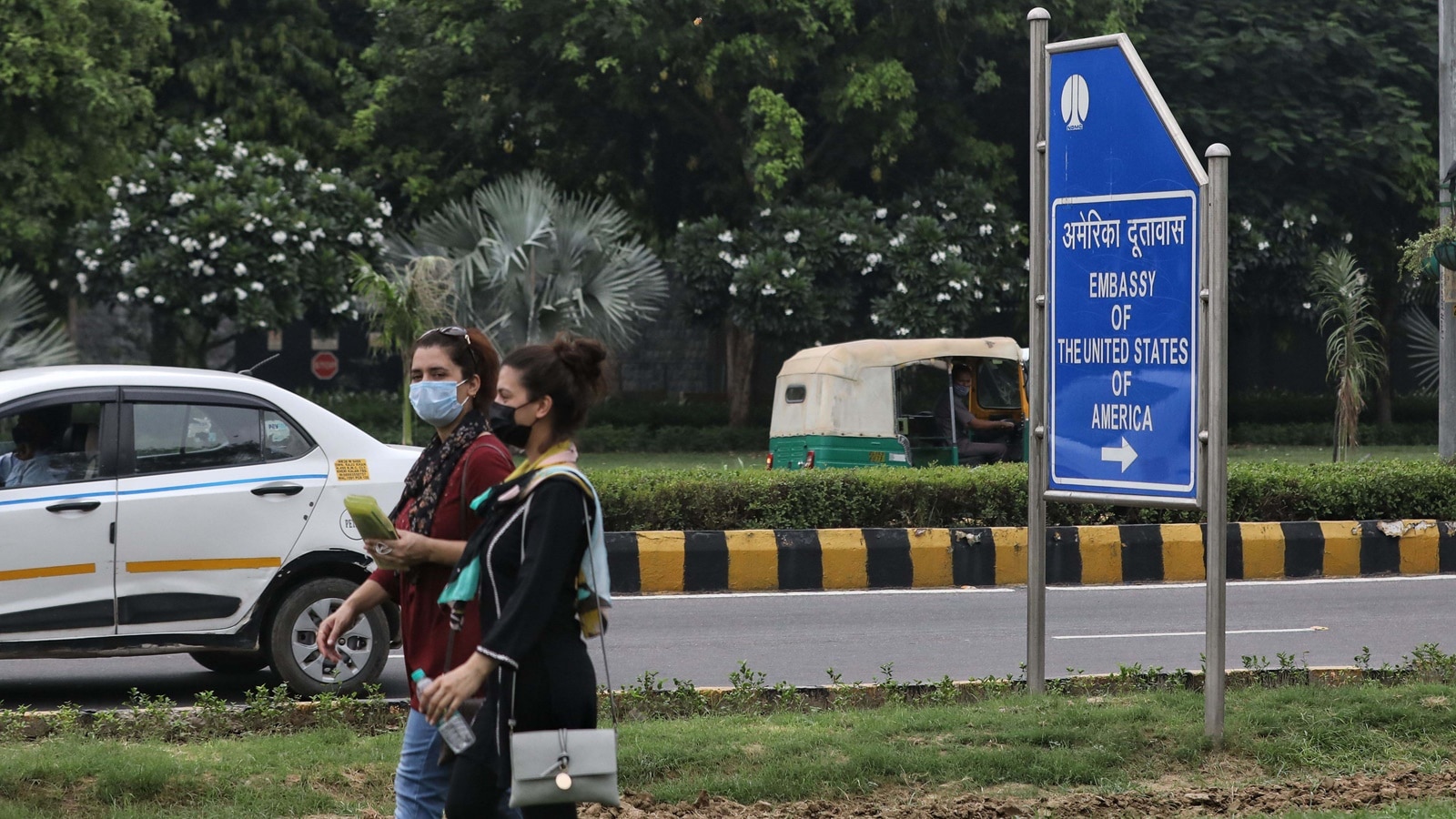 |
|
The recent deportation of 205 Indian nationals from the United States via a US military C-17 aircraft underscores the intensified crackdown on illegal immigration under the Trump administration. This action, reported by Reuters, marks the first large-scale deportation of Indian migrants since Trump's return to office, sending a strong message about the administration's zero-tolerance policy. The US embassy in Delhi explicitly stated that the vigorous enforcement of border security and tightening of immigration laws aim to deter future illegal migration, emphasizing that such actions are 'not worth the risk'. This assertive stance reflects a broader shift in US immigration policy, prioritizing stricter enforcement and deportation over more lenient approaches.
The scale of the operation is significant. While approximately 1100 Indian illegal immigrants were deported last year via special flights, there are an estimated 20,000 more awaiting deportation, with a total estimated number of illegal Indian immigrants in the US reaching 725,000. The use of military aircraft for these deportations is noteworthy, highlighting the significant resources being allocated to this initiative. This contrasts sharply with previous methods and raises questions about the cost-effectiveness of such an approach. Reuters reported that a single military flight to Guatemala last week cost around $4,675 per migrant, considerably more expensive than standard ICE deportation flights. This raises questions about the budgetary implications of this large-scale military involvement in immigration enforcement.
India's stance on the matter appears to be one of cooperation. External Affairs Minister S. Jaishankar's statement, made during a meeting with US Secretary of State Marco Rubio, indicates India's willingness to accept its deported citizens after verification of their citizenship. This willingness extends beyond Jaishankar's statement; President Trump himself claimed Prime Minister Modi assured him of India's cooperation in taking back its citizens residing in the US illegally. This collaborative approach seems to be driven by a desire to manage the situation responsibly and maintain positive bilateral relations, while simultaneously acknowledging the negative impact of illegal immigration on its international standing.
The deployment of military resources for immigration enforcement is a notable aspect of this situation. The Trump administration's increasing reliance on the military for immigration-related tasks – from deploying troops to the US-Mexico border and using military facilities to house migrants to utilizing military aircraft for deportations – represents a significant shift in the role of the armed forces. While the government may justify this increased military involvement on grounds of national security or effective border control, critics may argue that it blurs the line between the military's traditional functions and civilian law enforcement. The high cost associated with these military deportations further fuels this debate, raising questions about the optimal allocation of resources in addressing the complex issue of illegal immigration.
The case of the deported Indian migrants highlights the multifaceted challenges associated with illegal immigration, encompassing international relations, domestic policy, and the use of military resources. The Trump administration's approach represents a departure from previous policies, characterized by a strong emphasis on border security and deportation. While the cooperation between India and the US on this issue is noteworthy, the significant cost and the increased military involvement raise important questions regarding the long-term implications and effectiveness of this strategy. Further analysis is necessary to fully evaluate the long-term impact of this aggressive approach on both bilateral relations and the overall issue of illegal immigration in the United States.
